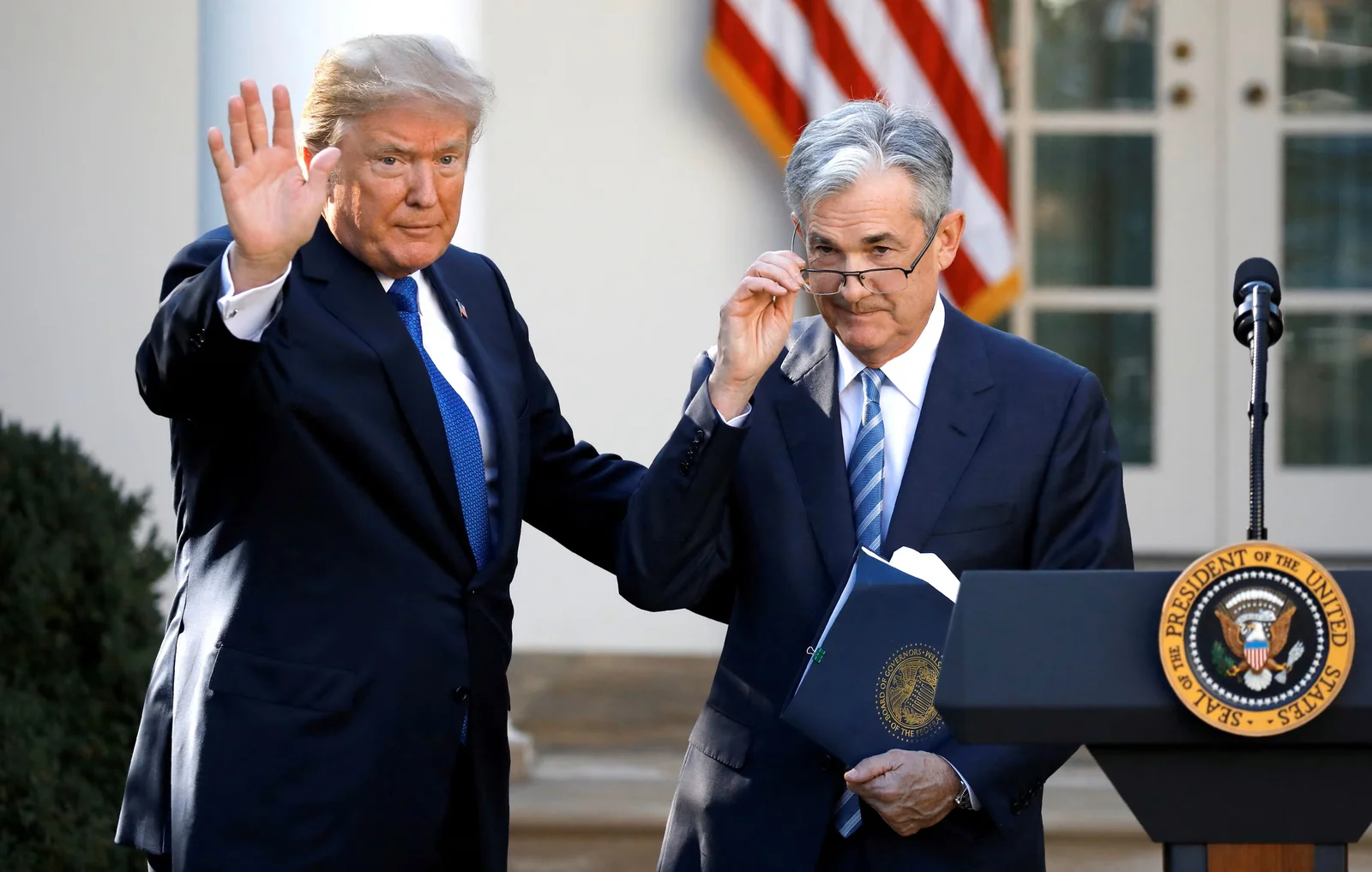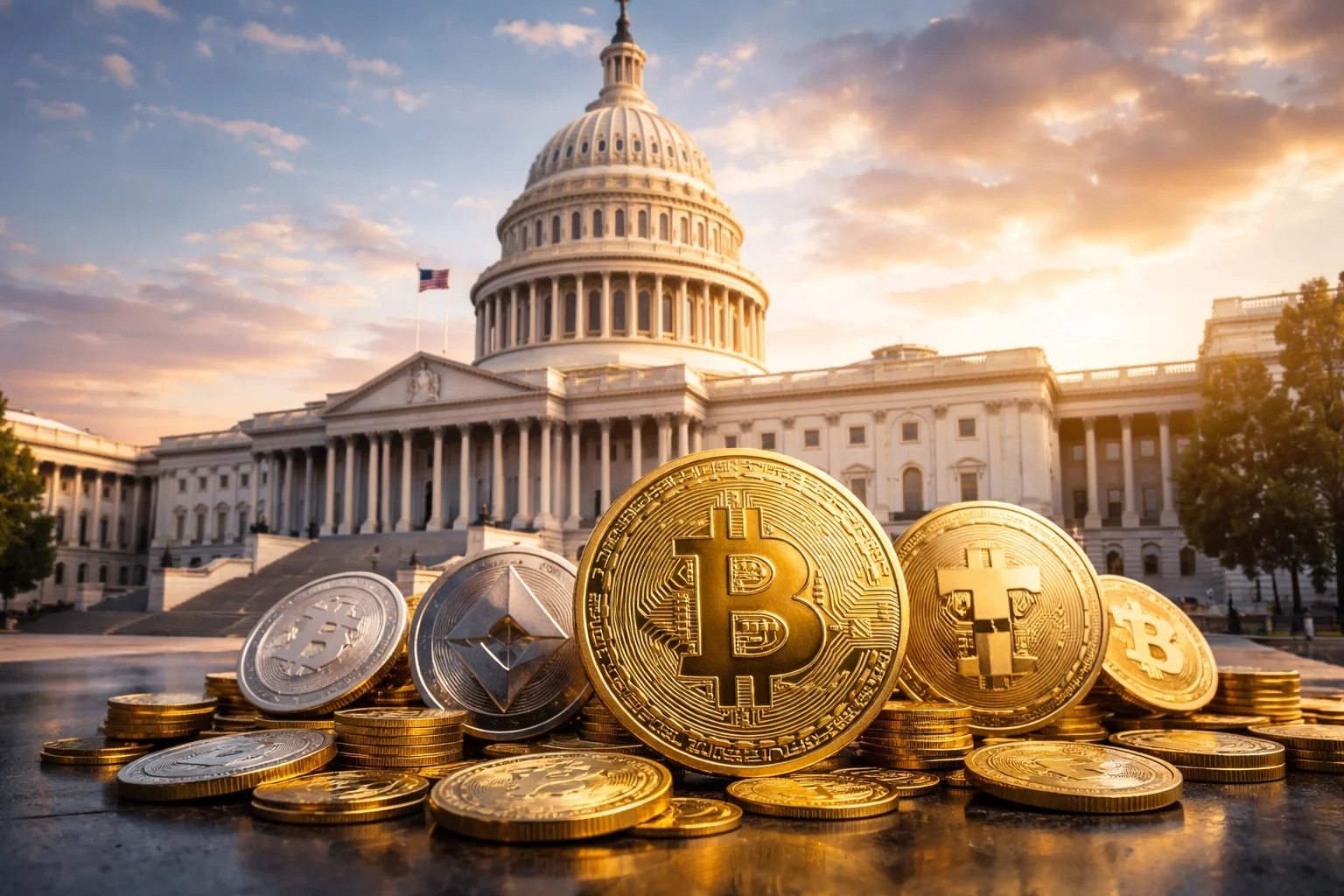US President Donald Trump made notable statements regarding the appointment process for the new chairman of the US Federal Reserve (Fed). Trump harshly criticized current Fed Chair Jerome Powell, announcing that four strong candidates were being considered for the central bank's chairmanship. This development is being interpreted as a signal that Trump will become more involved in monetary policy in his second term.
Trump sharply criticizes Powell: "A political figure"
In an interview with CNBC, Trump described Fed Chair Powell as a figure who has lost his independence and acts in accordance with political interests. "Chairman Powell is a very political figure," Trump said, arguing that inflation data is trending positively and that a rate cut is necessary. Powell, on the other hand, adopts a more cautious approach, continuing to consider trade policies and market conditions in interest rate decisions. These differing approaches have long fueled tensions between the two candidates.
Trump also provided information about the shortlist for the Fed chairmanship. Trump stated that the list includes four strong candidates, emphasizing that all of them are "high-level and qualified." An announcement regarding this list, which has not yet been made public, was stated to be made "very soon." While Trump declined to name names, it is being speculated that Fed Board Member Christopher Waller and former White House advisor Kevin Hassett are on the list.
Scott Bessent left out of the list
Another strong candidate being considered for the Fed chair was current US Treasury Secretary Scott Bessent. However, Trump announced that Bessent was removed from the consideration list at his own request. Speaking on the matter, Trump said, "I asked him if he wanted to be Fed Chair. He said, 'No, I want to work with you. I want to stay with you.' He wants to keep his current position."
Trump's second-term plans are becoming clear
Donald Trump's plans for managing the economy are one of the most anticipated topics in the upcoming election campaign. Trump, aiming to increase his influence over the Fed, has begun working on new appointments without waiting for Powell's term to expire in 2026, suggesting he plans to enter his second term with a more interventionist economic policy. This is both shaping market expectations and igniting new debates about the future of independent institutions.




